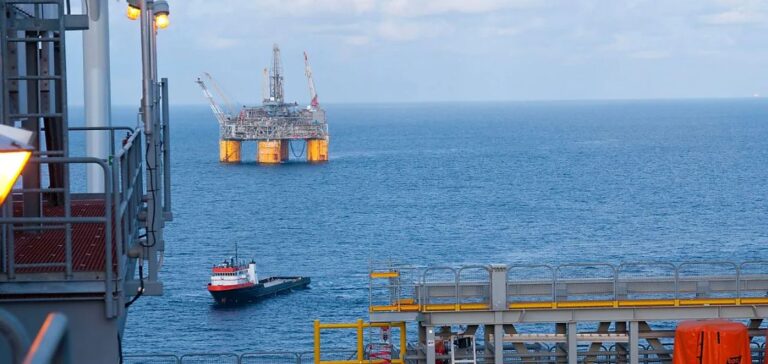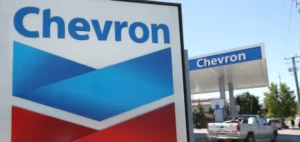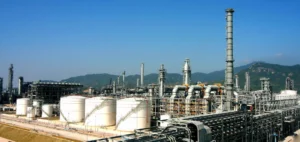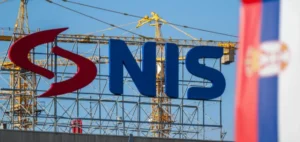Shell Plc, the leading offshore producer in U.S. waters, confirmed this week the postponement of two wells intended to boost output from the Perdido oil field, located in the Gulf of Mexico. Initially scheduled to go online in April, the wells are now expected to be operational by year-end. In contrast, a third well from the same programme began production in March.
A structuring project for offshore development
These three wells belong to the Great White zone, part of the broader Perdido development. At full capacity, they are expected to produce up to 22,000 barrels of oil equivalent per day (boepd), contributing to increased platform output. Perdido, which began production in 2010, has a maximum capacity of 125,000 boepd. Shell holds a 35% working interest and operates the project, with Chevron Corporation and other partners owning the remaining stake.
Growth forecasts maintained for 2026
In parallel, Shell announced in December the addition of two more wells within the Silvertip unit, also linked to Perdido. These supplementary wells are expected to produce up to 6,000 boepd collectively once operational. First oil is scheduled for 2026. The British group did not specify whether the current delays at Great White would impact the 2026 timeline.
A strategy focused on mature asset value
Perdido is among the few ultra-deepwater offshore developments capable of maintaining steady production despite its age. Located at depths exceeding 2,400 metres, it remains one of the most technically challenging projects in the area. The reported delays concern only two wells within a broader set of operations, and Shell has not disclosed specific reasons for the postponements.
“We brought one of the three planned wells online, and the other two are now scheduled for year-end,” a Shell spokesperson said, as quoted by Global Banking and Finance Review on May 9.





















